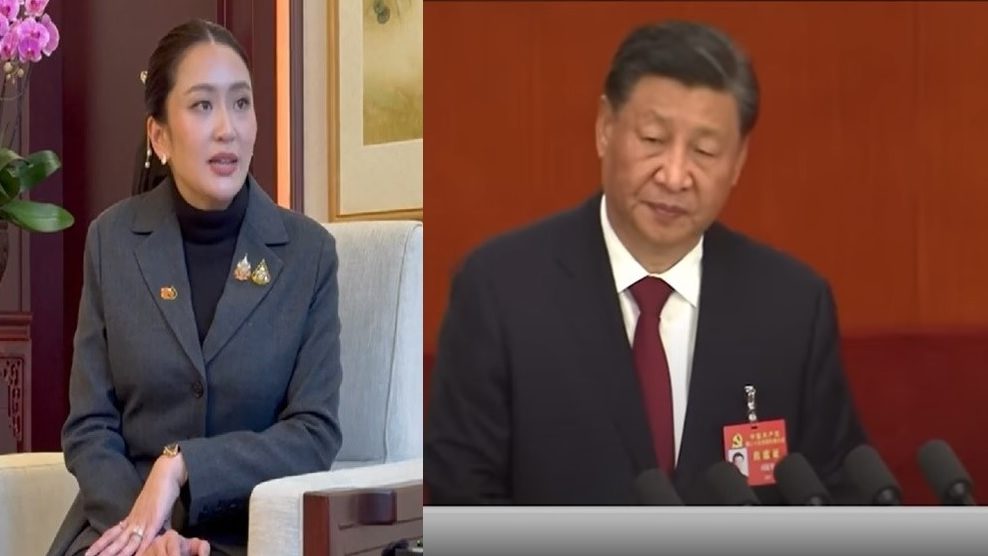BEIJING: In a pivotal meeting held in Beijing on Thursday, China’s President Xi Jinping and Thai Prime Minister Paetongtarn Shinawatra have pledged to intensify their efforts to combat the rampant online scam networks plaguing Southeast Asia. According to the latest report from The Star, these criminal operations, often involving human trafficking and online fraud, have left a dark mark on the region, particularly in Thailand, and have drawn the attention of both governments.
A regional crisis – online scams and human trafficking
Myanmar, Cambodia, and Laos—bordering Thailand—have become notorious hotspots for scam operations. In these nations, individuals, often lured by promises of lucrative job opportunities, are trafficked into secretive compounds and forced to work for criminal groups running online scams targeting victims globally. The sheer scale of this issue has caused significant concern, with Thailand facing mounting scrutiny due to the high-profile cases of Chinese nationals being trafficked to scam compounds in Myanmar. Among the latest victims was Chinese actor Wang Xing, whose case has further shed light on the scope of these operations.
Thailand has already taken steps to counter the situation, including cutting electricity to certain regions near the Myanmar border in an attempt to disrupt the operations. However, the compounds often have backup generators, making these efforts less effective. Both Thailand and China have recognized the severity of the problem, with Thai and Chinese officials pledging stronger law enforcement and judicial cooperation to crack down on these crimes.
Strengthening bilateral ties, railway, and economic cooperation
This visit also marked Paetongtarn’s first trip to China as prime minister, coinciding with the 50th anniversary of diplomatic relations between the two nations. During the meeting, Xi and Paetongtarn discussed several key bilateral issues, including a new railway project that will connect Thailand to the Laos-China high-speed railway. Thailand’s recent approval of a $10 billion rail initiative, which will eventually link Bangkok with Laos and China, highlights the growing economic cooperation between the two countries.
Additionally, the two leaders discussed expanding cooperation in the electric vehicle sector, with Thailand emerging as an important market for Chinese automakers. Despite challenges posed by the pandemic, including a significant drop in Chinese tourism to Thailand, both nations appear committed to deepening their economic ties.
In a final gesture of support, Paetongtarn reaffirmed Thailand’s stance on the “one-China” principle, a position that strengthens the diplomatic bond between the countries, especially in light of recent controversies surrounding the deportation of Chinese Uyghur detainees in Thailand earlier this year.

